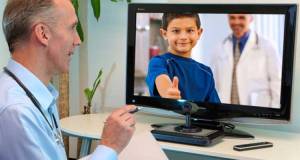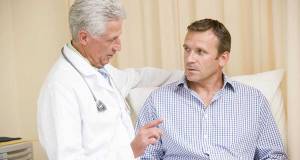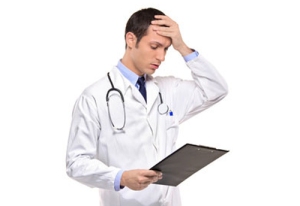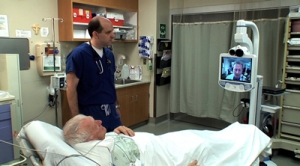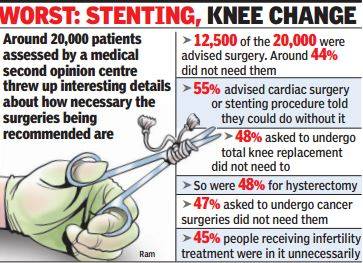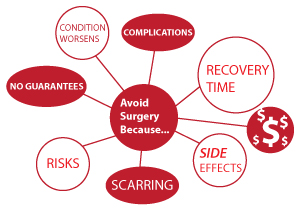Sports medicine is a specialized field for the medical and therapeutic aspects of sports participation and physical activity. This includes sports or exercise-related injuries. It focuses on the diagnosis, treatment, and prevention of injuries that occur in sports and exercise. Sports medicine has to deal with sports science. Sports science is a focused study and application of the principals of physiology, anatomy, and psychology as they relate to the human movement and physical activity. It is also known as exercise science.
Some of the injuries that are treated in sports medicine are concussions, asthma, diabetes, and more. Sports medicine is not only for athletes, but for common people as well. Anyone from children and elderly to professional athletes can be found benefiting from this medical field. This field helps anyone with learning what to eat, how to safely exercise, and many other things. Since it is a fairly new field of study, there is still research being done on how much exercise the human body needs and can handle.
One of the main focuses of sports medicine is to help prevent athletes and runners from injury. For those who are under this category (or even just someone who exercises), here’s some tips to prevent injury in the future. First of all, drink plenty of water! However, there is such thing as drinking too much water. Over-hydrating is a condition called hyponatremia. To know how much to drink, calculate how much fluid weight is lost during a normal workout and drink 16 ounces of water per pound lost. Another tip is to watch how intensely you train. It is not always better to train longer and harder to get better. The next tip, team training programs are not generic. Team training programs are ones like programs for marathons. They are meant for anyone, but it does not mean your body can handle every step. It is crucial to know your limits and not to overdo it.
For more information on Sports medicine contact us on http://www.grandopinion.com .
Works Cited
1. Quinn, Elizabeth. “What Is Sports Medicine?” Sports Medicine. About Health, 06 Sept. 2013. Web. 02 May 2015. http://sportsmedicine.about.com/od/educationemployment/a/whats_sportsmed.htm
2. N.d. Hub Home Design. Web. 02 May 2015. http://hubhomedesign.com/vegetarian-athletes-nutrition-and-diet-tips-sports-medicine.
3. “AAPM&R – American Academy of Physical Medicine and Rehabilitation.” Hot Topics in Sports Training: Advice for Recreational and Elite Runners from Physical Medicine and Rehabilitation Physicians. American Academy of Physical Medicine and Rehabilitation, n.d. Web. 03 May 2015.https://www.aapmr.org/patients/conditions/msk/Pages/Hot-Topics-in-Sports-Training.aspx
4. N.d. Athletico Physical Therapy. Web. 02 May 2015. http://www.athletico.com/2012/04/04/hip-flexor-tightness-in-distance-runners.


